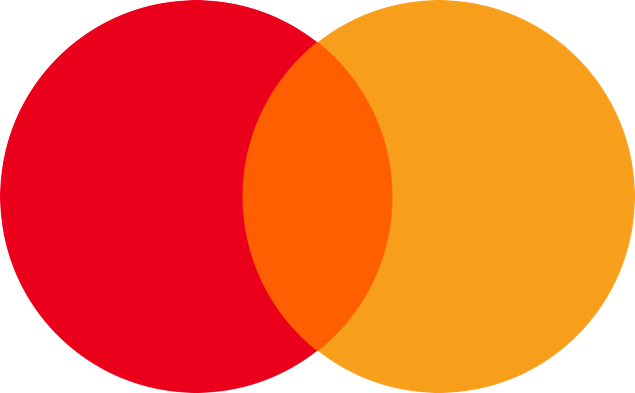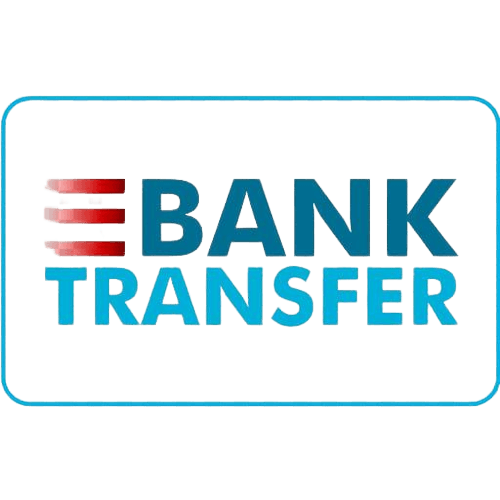In simple terms stocks (or shares) give partial ownership of the company that issues them to shareholders in exchange for funds. Shareholders receive part of the company’s profits or a portion of its appreciation when they hold a company’s stock. Depending on the type of shares issued, having shares in a company can even give voting rights.
Depending on what the company needs, they issue different types of shares:
- Ordinary shares: These are the standard shares, without any special permissions or obligations. Companies may even issue ordinary shares of different value, with the number of votes being dependent on the value of shares the individual holds.
- Non-voting ordinary shares: These are conditional shares that allow voting only when certain requirements are met.
- Redeemable Shares: This gives the company the option to buy back its shares at a future. There may be a predefined timeframe for the buy-back or not.
- Preference Shares: the “Rolls Royce” of shares – these types of shares not only receive a fixed dividend amount every year, but they also receive it before other shareholders.
Although there are many other types of shares that companies’ issue, these are the most common. There is a caveat though, although shares can pay dividends, if the issuing company goes under – their shares might not be worth anything.
Luckily this isn’t a risk when you trade CFDs because you don’t actually own the underlying asset. Another benefit of trading CFD Shares is that you can take advantage of both positive and negative price trends. When you own the actual asset the only way to benefit from it is by an increase in its value.










